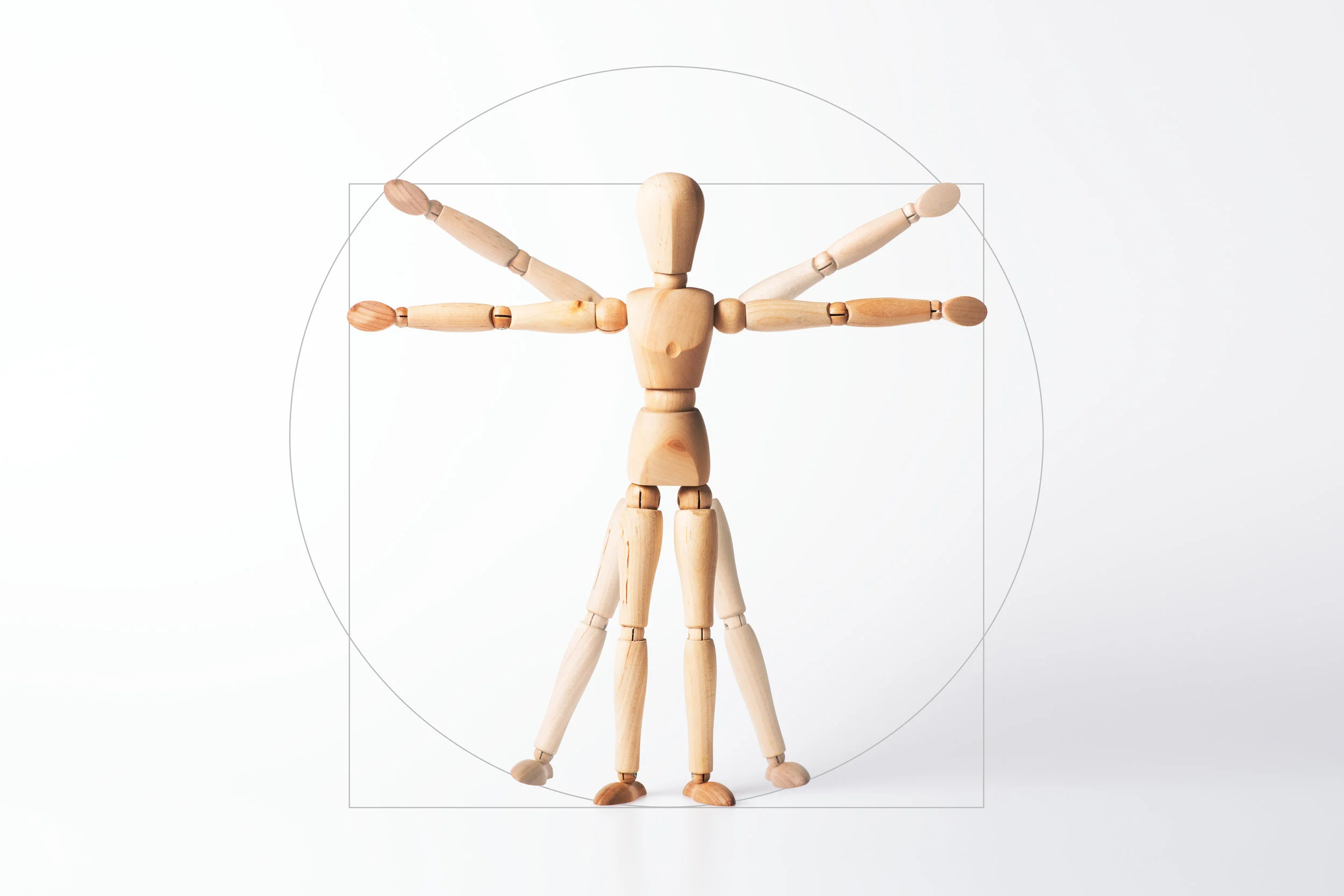Teachers were once "sages on the stage."
Then they became "guides on the side."
Now they're "facilitators."
I've never liked any of those ways as to describe what educators do. It surprises me that the use of facilitator seems to resonate and have traction with educators, but I believe it doesn't accurately reflect the complexity and skill required to design and assess meaningful learning experiences.
I'm not even sure what "facilitator" means. It's one of those words that gets into mainstream education and just becomes the word that people use. I'm not sure anyone really stops to think of what it actually means.
I think educators should be described as designers and ethnographers.
Here's why this is important.
As an educator, you have to know if your kids are learning and progressing. Simple, we all understand that. A more challenging set of questions about progress focuses on how broad and deep is your understanding of them as human beings? Forget tests and quizzes and worksheets and projects as they paint a superficial picture of understanding and are designed to evaluate kids as a student that is required to learn a curriculum. Ethnographers study cultures, and use techniques such as observation and interviews to deeply understand the human condition. A focus on an educator as ethnographer changes the nature of interaction between child and teacher, and requires that educators not only understand their progress as learners, but their development as humans. After all, that's the end game, right? And today, that's what should be required.
This deeper understanding, captured and understood through a more human-centric approach, is what can advance teachers into the role of designer. The process of design requires that the designer understand who they are designing for with a emphatic lens. That drives design, and in the case of an educator, can be used to design a collection of learning experiences that help students grow as learners and as people. These experiences should likewise cast students as designers, and involve them in other aspects of the design process, such as developing provocations, ideation, prototyping, and testing products and solutions that improve the human condition. Wouldn't be interesting to watch students, immersed in questions that matter, in a process that casts them in an authentic role where they actually created meaningful answers to those questions? As an ethnographer, how much would you learn about them as people and about their skills, attitudes and potential? How valuable would that be?
The linkages between ethnographer (understanding the human being) and designer (creating experiences that promote the development of a human being) are intricately and inherently connected in an iterative cycle.
It's time for educators to think more deeply about their role and how they portray themselves. It's time to discard simple and inappropriate labels that dismiss the elegance, and the importance, of their role in shaping human beings. But along with changing the label, comes a new responsibility to actually engage differently. A focus on studying ethnography, and developing new techniques for understanding the children in their charge as human beings, and not just as students, is absolutely necessary. A focus on using that understanding to craft experiences (and not just lessons) that immerse, challenge and work towards developing the dispositions of a learner, and the qualities of a human being, are likewise absolutely necessary.
